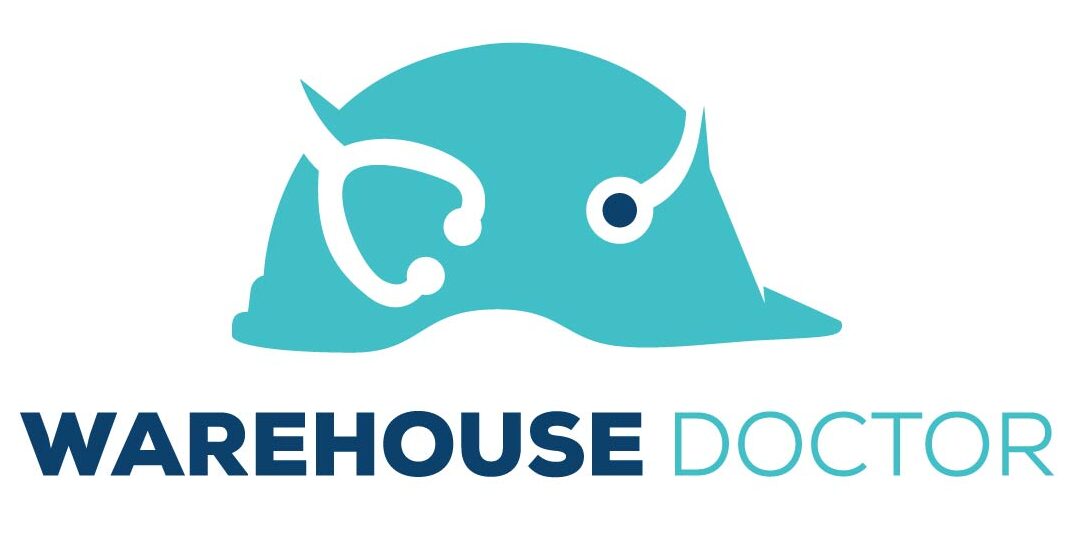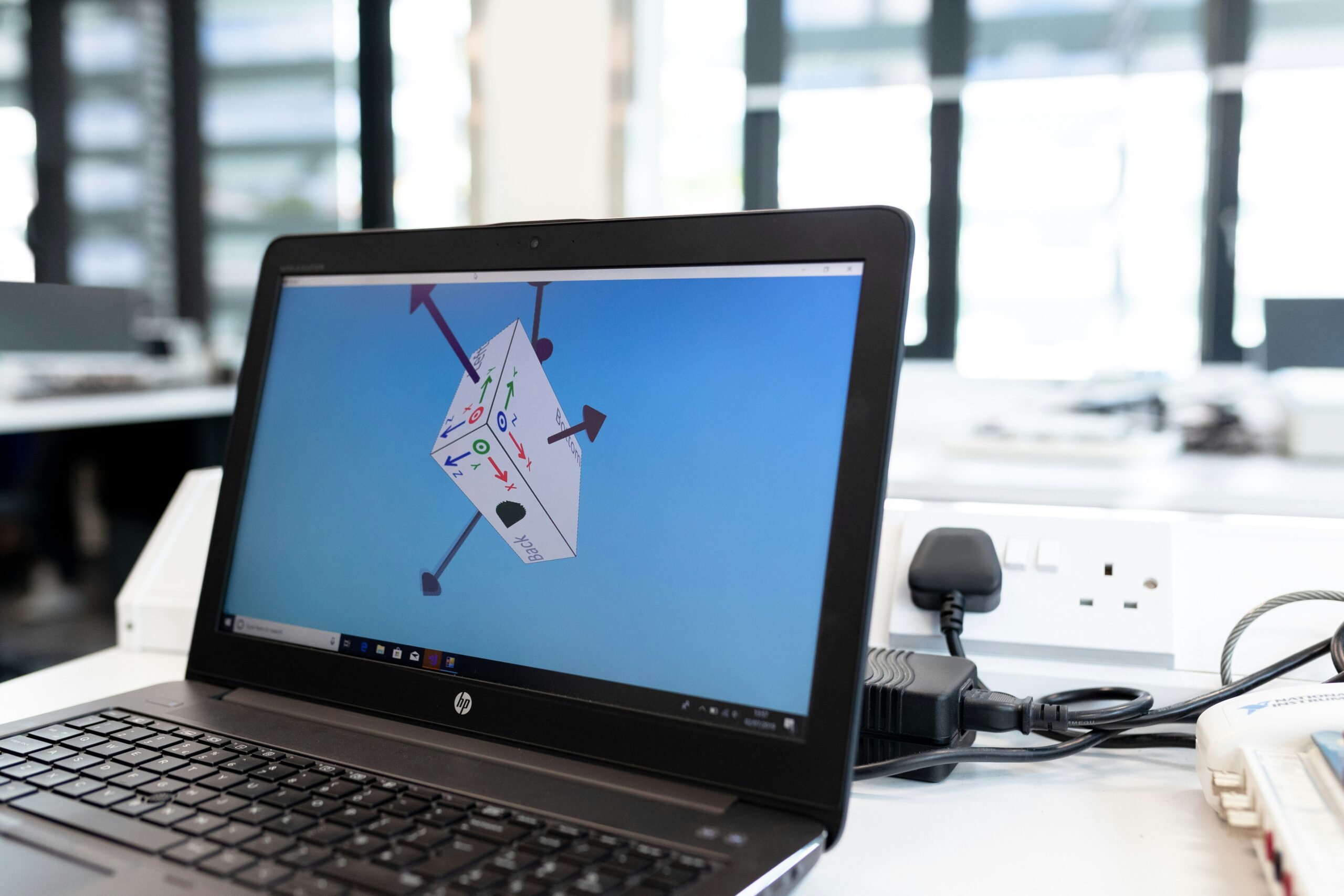Procurement Process: This involves identifying the need for goods or services, sourcing suppliers, soliciting bids or proposals, evaluating offers, negotiating contracts, and managing supplier relationships.
Procurement Methods: Different methods can be used to procure goods or services, including competitive bidding, request for proposal (RFP), request for quotation (RFQ), sole sourcing, and framework agreements.
Supplier Selection: Criteria for selecting suppliers may include price, quality, reliability, reputation, delivery time, and compliance with regulatory standards. A thorough evaluation process helps ensure that the selected suppliers meet the organization’s requirements.
Contract Management: Once contracts are awarded, they need to be managed effectively. This involves monitoring supplier performance, ensuring compliance with contract terms, resolving disputes, and renewing contracts as needed.
Risk Management: Procurement involves various risks, such as supplier failure, quality issues, delivery delays, and price fluctuations. Implementing risk management strategies helps mitigate these risks and ensure continuity of supply.
Ethical Considerations: Procurement processes should adhere to ethical standards, including transparency, fairness, integrity, and accountability. This helps prevent corruption, conflicts of interest, and other unethical practices.
Technology in Procurement: Many organizations use procurement software or e-procurement systems to streamline the procurement process, improve efficiency, and enhance transparency. These tools automate tasks such as supplier management, contract tracking, and purchasing approvals.




